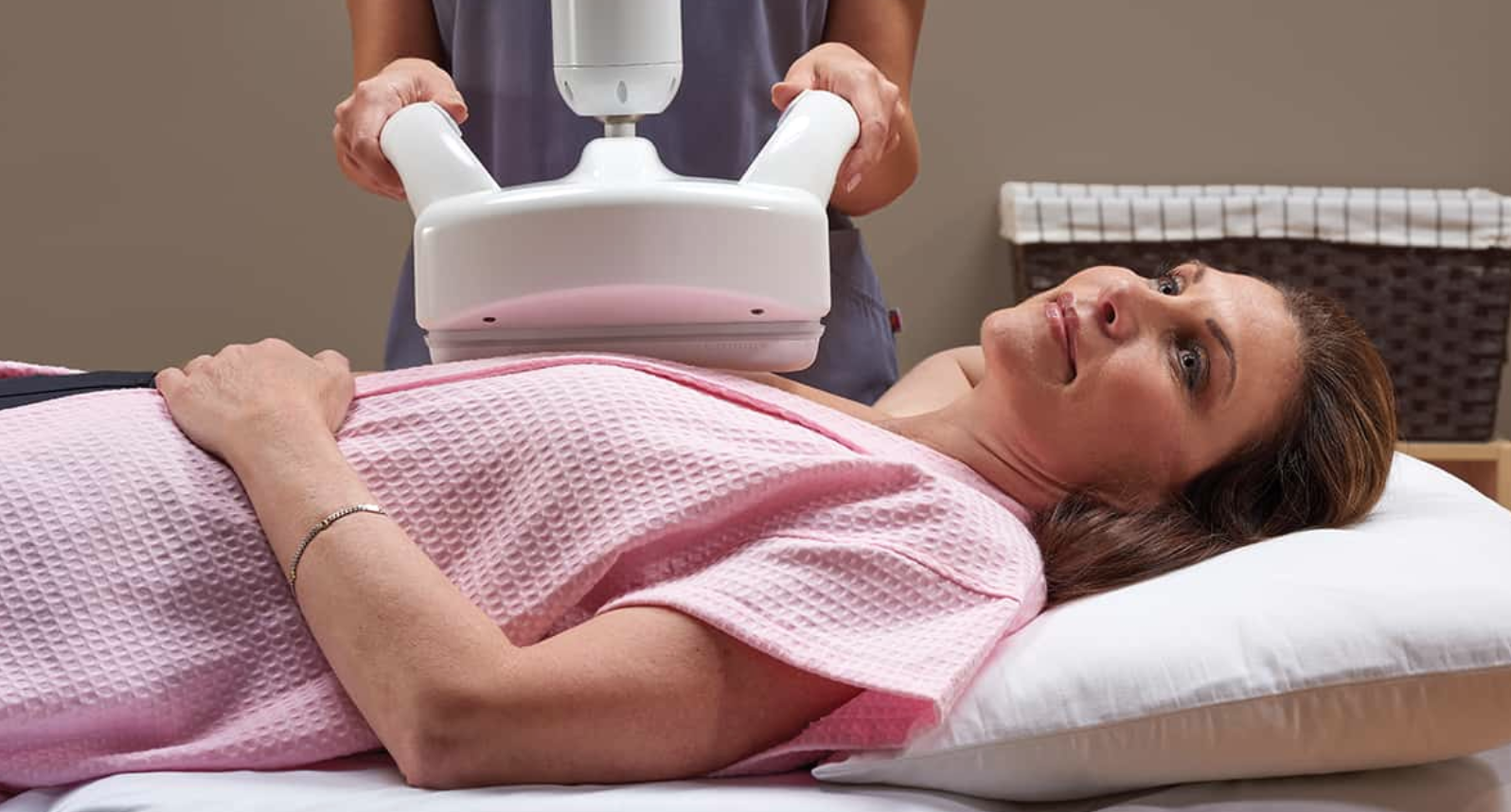Often for women with dense breast tissue, regular mammograms can have a harder time detecting breast cancer. Fortunately, new technologies allow women with dense breasts to have additional screenings alongside their regular yearly mammograms that help detect breast cancer.
At Baptist Health Medical Center-Little Rock, Baptist Health Medical Center-North Little Rock, and Baptist Health-Fort Smith the Invenia ABUS 2.0 (Automated Breast Ultrasound System) provides enhanced detection of breast cancer for women with dense breasts.
But what exactly does that mean? Here are all the details you need to know
What Is Breast Density?
Breasts are made of fat, glandular tissue and fibrous supporting tissue. Dense tissue is made of the normal fibrous and glandular breast tissue, also called fibroglandular tissue. A breast with more fibroglandular tissue than fat is considered dense. Dense breast tissue is normal, seen in 40-50 percent of women and is a risk factor for breast cancer. Your provider or radiologist will be able to tell you if your breasts are dense and if the Invenia ABUS 2.0 screening can be used.
How Can Invenia ABUS Help?
This ultrasound procedure is the only ultrasound technology of its kind approved by the FDA and when used in addition to your mammogram, it will provide a more complete evaluation of dense breast tissue. An automated whole breast ultrasound can see through dense tissue and find small cancers that may not be seen on mammography because they are hidden by normal, dense breast tissue. This ultrasound technology is designed to enhance the consistency, reproducibility, and sensitivity of breast ultrasound.
What To Expect For This Screening
A layer of lotion is applied to your breast, and then a scanner is firmly positioned on your breast to acquire the images. The exam takes approximately 15 minutes and provides your doctor with clear 3D ultrasound images.
Is The ABUS Exam Covered by Insurance?
Your insurance company pays for the cost of “screening” tests like mammography, which is considered under preventative and wellness programs. The ultrasound would be considered a supplemental screening test and may be subject to your deductible and co-pay. Your deductible or co-pay will depend on your individual insurance plan. Call your insurance company and tell them you have been notified you have dense breasts and your physician is recommending a supplemental screening ultrasound.
Do I Still Need To Get A Mammogram?
Mammography is still the gold standard. Supplemental imaging is meant to be used in addition to mammography, not to replace it. If your doctor recommends a breast ultrasound exam, it should be performed in addition to a mammogram screening.
If you or someone you love has dense breast tissue, talk to your doctor or radiologist about specific risks and any additional screening that might be appropriate. All mammography reports issued at Baptist Health indicate the patient’s breast tissue density and are available through the MyChart patient portal. Ask your provider if an Invenia ABUS 2.0 screening would benefit you.




